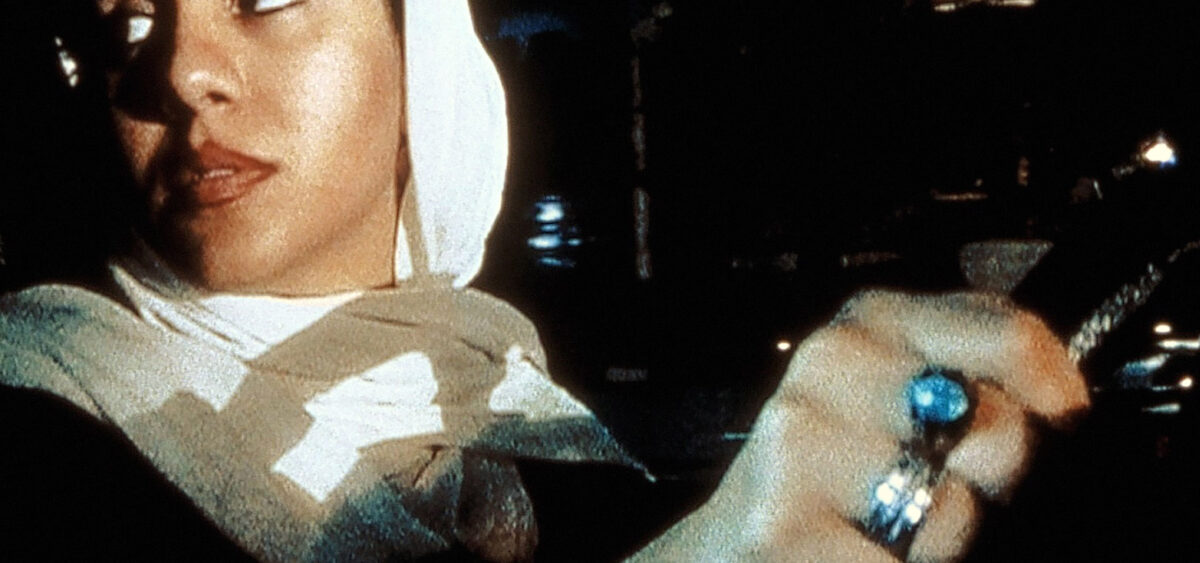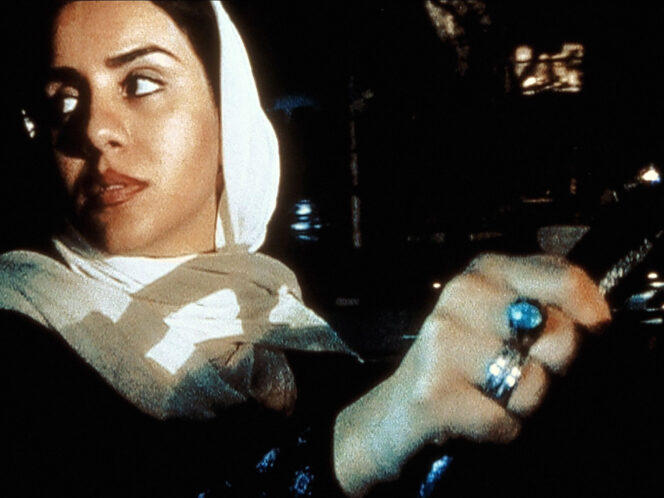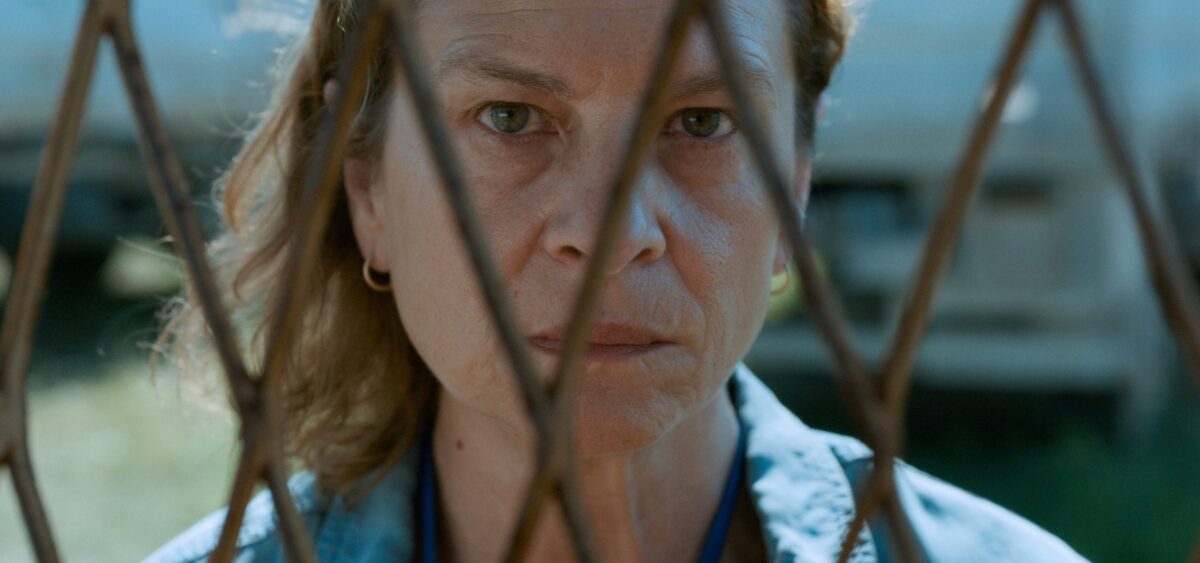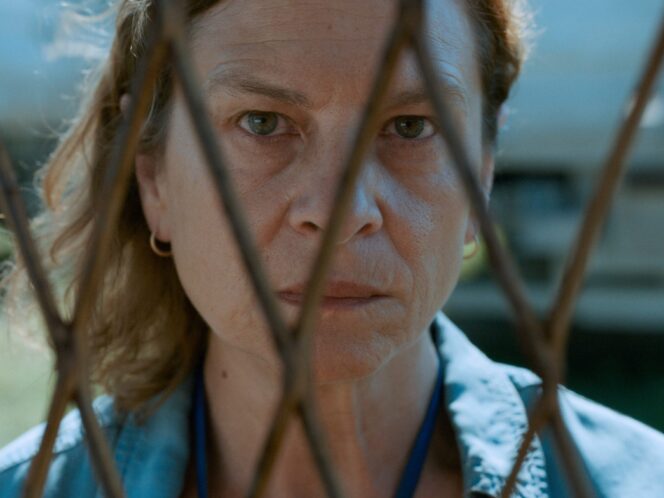
All her films have been banned. Her reaction? Make more films. Artur Zaborski talks to Iranian director Mania Akbari about living with illness, exile from her home country, and being a female artist in a world that is still marred by patriarchy.
Her films have premiered at the most important festivals: in Locarno, San Sebastián and Cannes. Prestigious institutions such as the British Film Institute and Tate Modern have organized retrospectives of her oeuvre. In her work, Iranian director Mania Akbari looks at subjects such as mastectomy, menopause and pregnancy, often using her own experiences. Women in Iran aren’t supposed to talk about such things. Since Akbari wasn’t going to stay quiet, she didn’t have to wait long for the authorities’ reaction. After cruel persecutions, she chose exile and found shelter in the UK. Now, through her art, she appeals for the dignity of Iranian women.
When I met with her at the Kraków Film Festival and asked about her frame of mind, she replied empathically that she doesn’t need pity – but thousands of women who accept their fate do.
Artur Zaborski: What is traumatropy about?
Mania Akbari: New research on brain plasticity shows that trauma can trigger physical changes in the brain. It’s as if some new plastic part was inserted there. Traumatropy is about reversing this process, about influencing the brain to restore its shape as close to the original as possible. I am very interested in this topic. I am interested in changes and adaptations








